An Endangered Wind-Resilient Bean Enroute to Svalbard
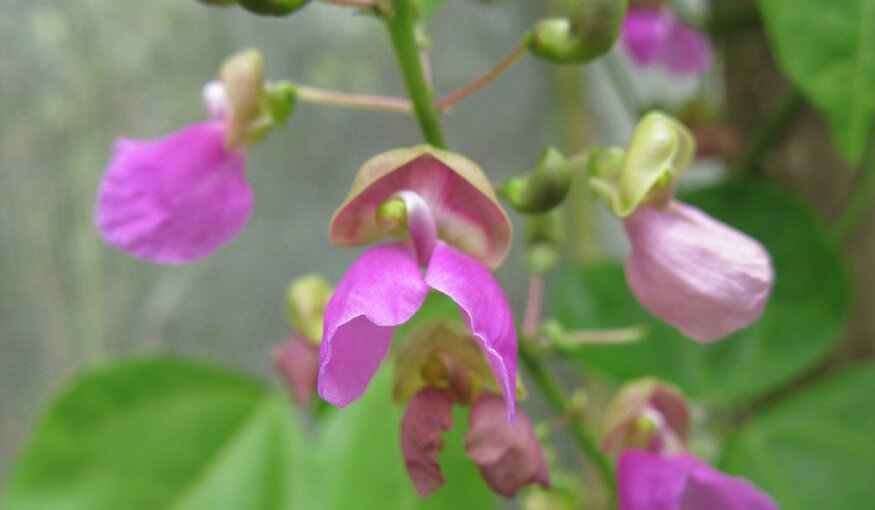 Flowering Bermuda Bean Photo: Daniel Debouck
Flowering Bermuda Bean Photo: Daniel DebouckSVALBARD, NORWAY – 16 October 2017 – Seeds of a nearly extinct wild bean, which has evolved a vigorous root system that makes it more resilient to tropical storms, are being deposited in the Svalbard Global Seed Vault. On World Food Day 2017, the Crop Trust is supporting a major deposit of 4,335 samples of crop diversity to Svalbard, including the wind-resilient Bermuda bean.
The seed samples being deposited come from two CGIAR genebanks supported by the Crop Trust, located in Colombia, and Peru, as well as the genebank for the Nordic region. The deposit includes varieties of wheat, barley, beans, potato, millet, sorghum and more.
A wind-resilient survivor
The Bermuda bean is just one of the many species and varieties of crops being conserved this week in the Seed Vault, which lies in the permafrost on an island in the Norwegian Arctic. As the Caribbean is ravished by hurricanes and its agricultural systems are destroyed, agricultural researchers are looking for traits to cope with changing and more extreme climates. The Bermuda bean is just one of these.
Surveys suggest that only 29 plants of the endemic Bermuda bean remain in the wild on the island, prompting it to be added to the International Union for Conservation of Nature (IUCN) Red List of Threatened Species. Fortunately, seeds were originally collected by the Millennium Seed Bank at Kew Botanical Gardens and its partners. Former International Centre for Tropical Agriculture (CIAT) Genebank Manager, Daniel Debouck, and his team requested 15 seeds and successfully multiplied those to over 6,000. The species, and its adaptations, evolved during millennia of isolation, is probably now safe from extinction.
The Bermuda bean is conserved in genebanks at Kew and CIAT, with a safety backup at Svalbard. Now, breeders are able to study and use the unique traits of the wild bean to develop varieties of its cultivated cousin that are more resistant to the extreme weather events associated with climate change.
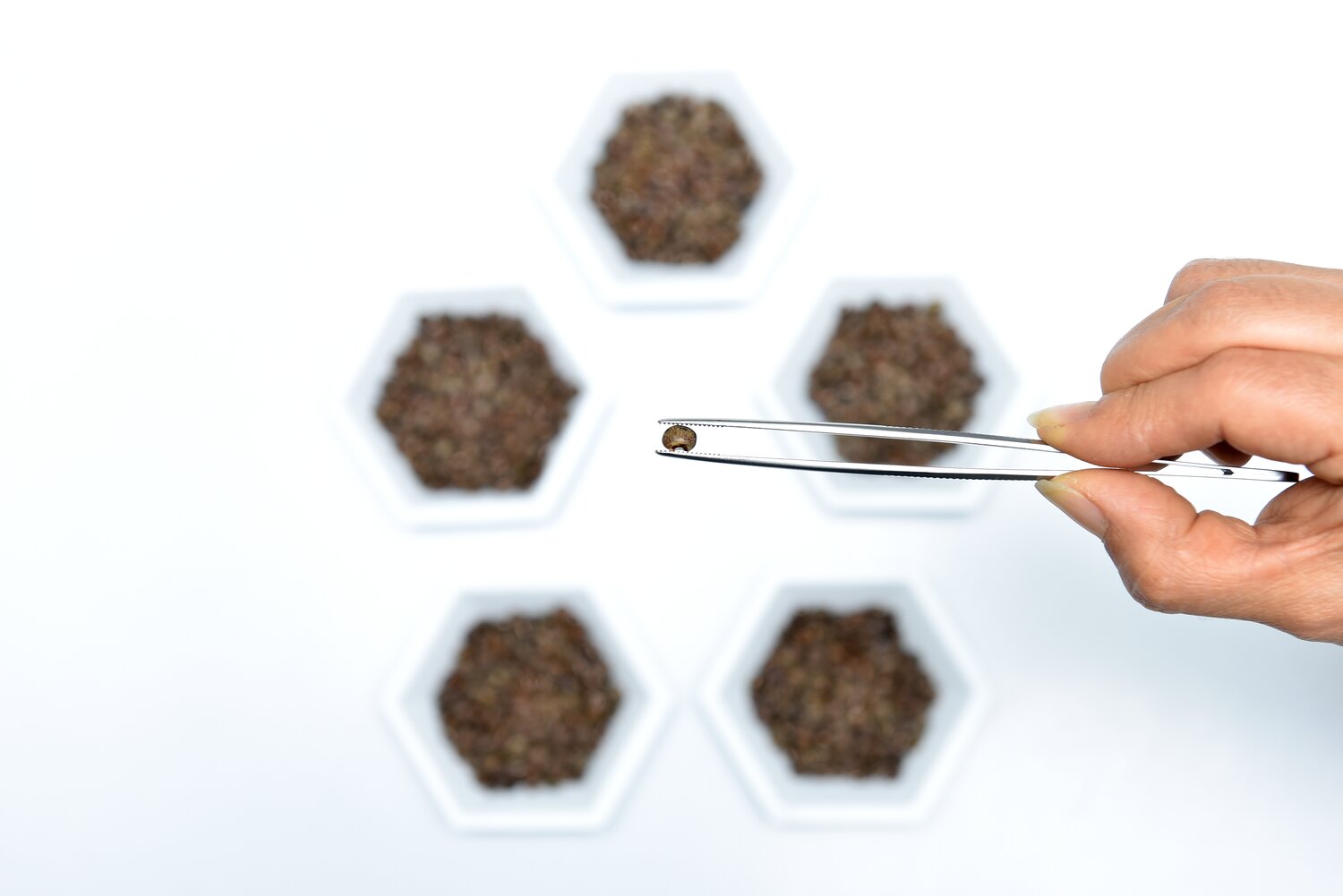
Bermuda bean conserved at CIAT in Cali, Colombia.
Photo: Neil Palmer
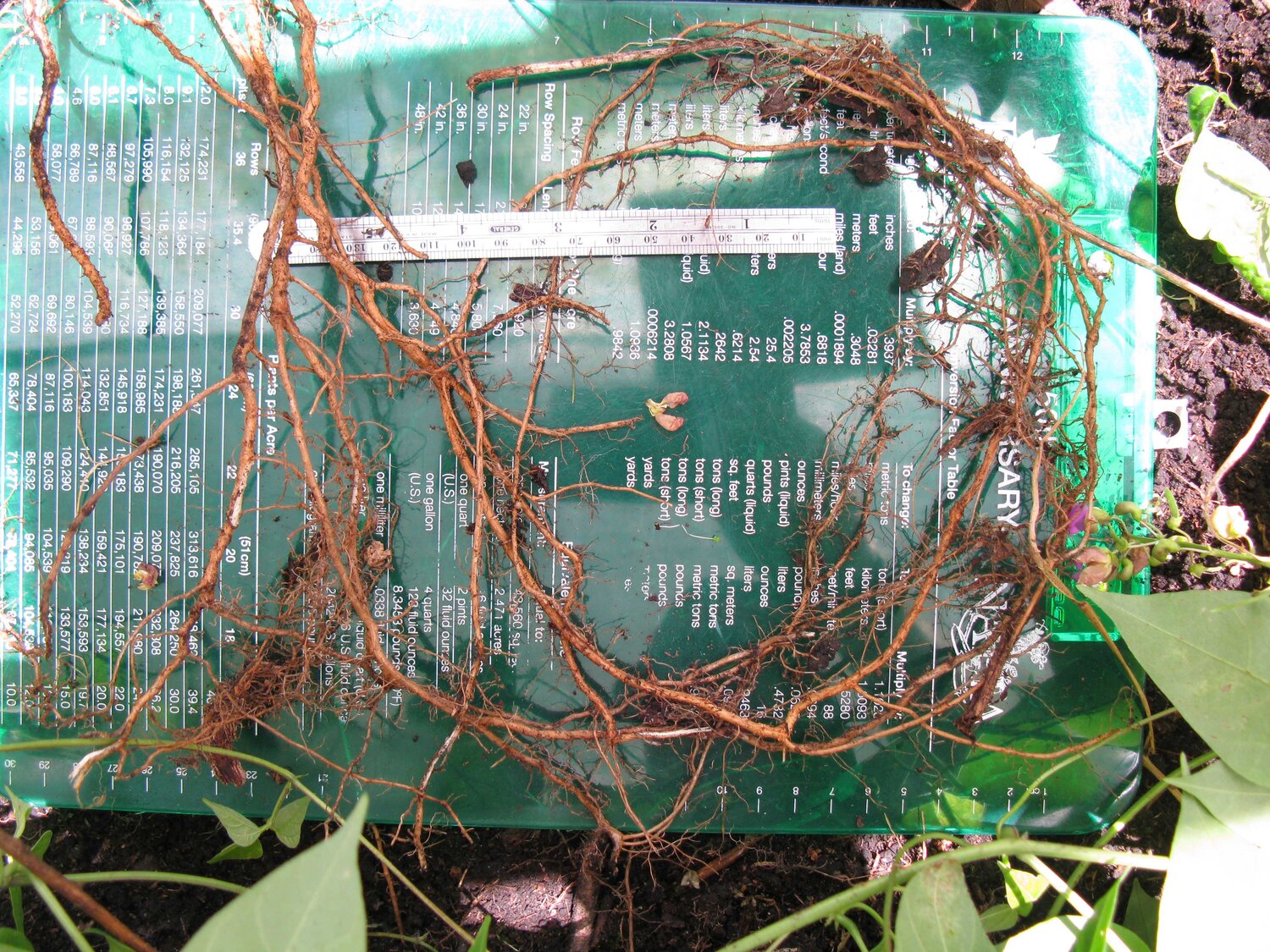
Bermuda Bean's vigorous root system.
Photo: Daniel Debouck
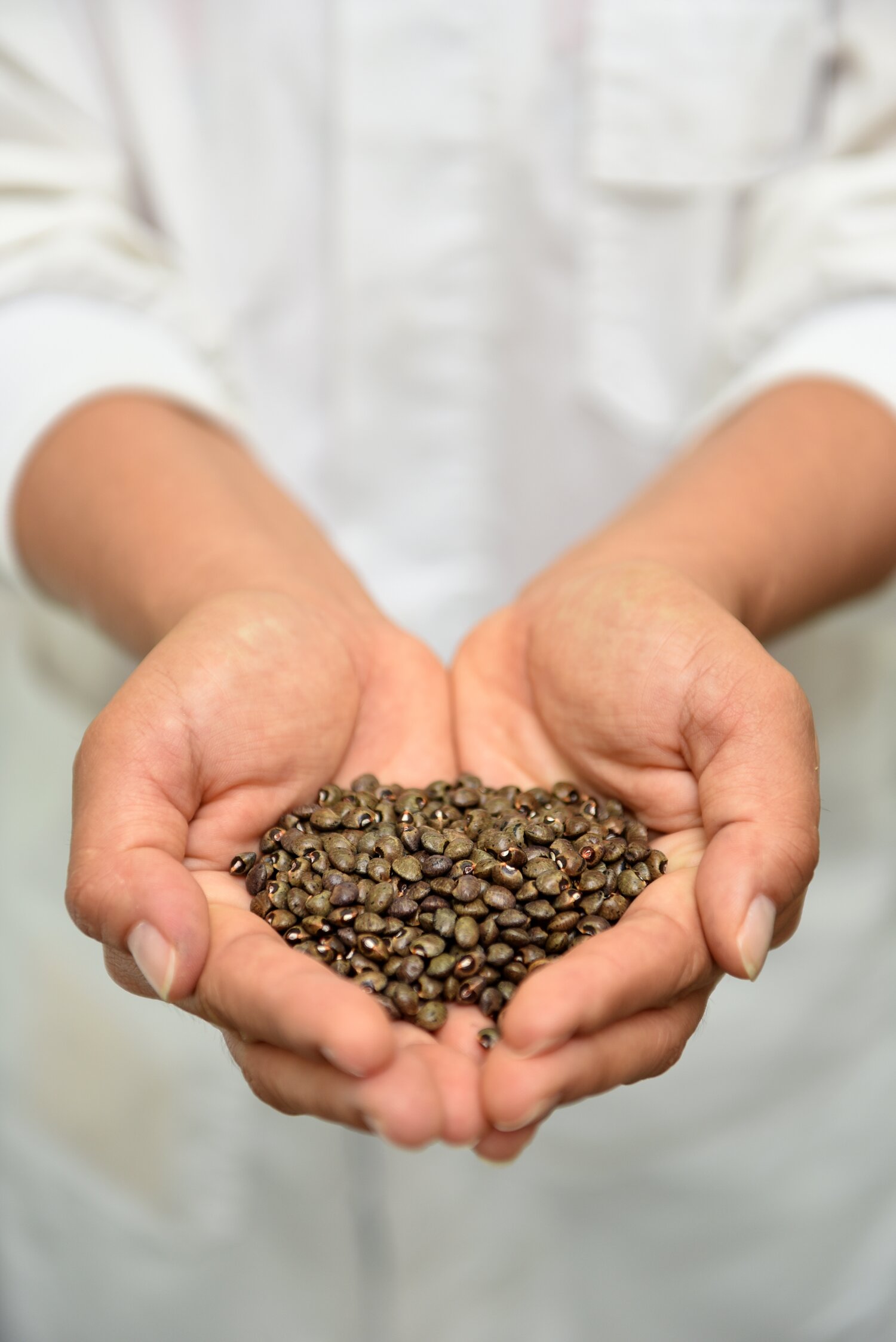
Bermuda bean conserved at CIAT in Cali, Colombia.
Photo: Neil Palmer
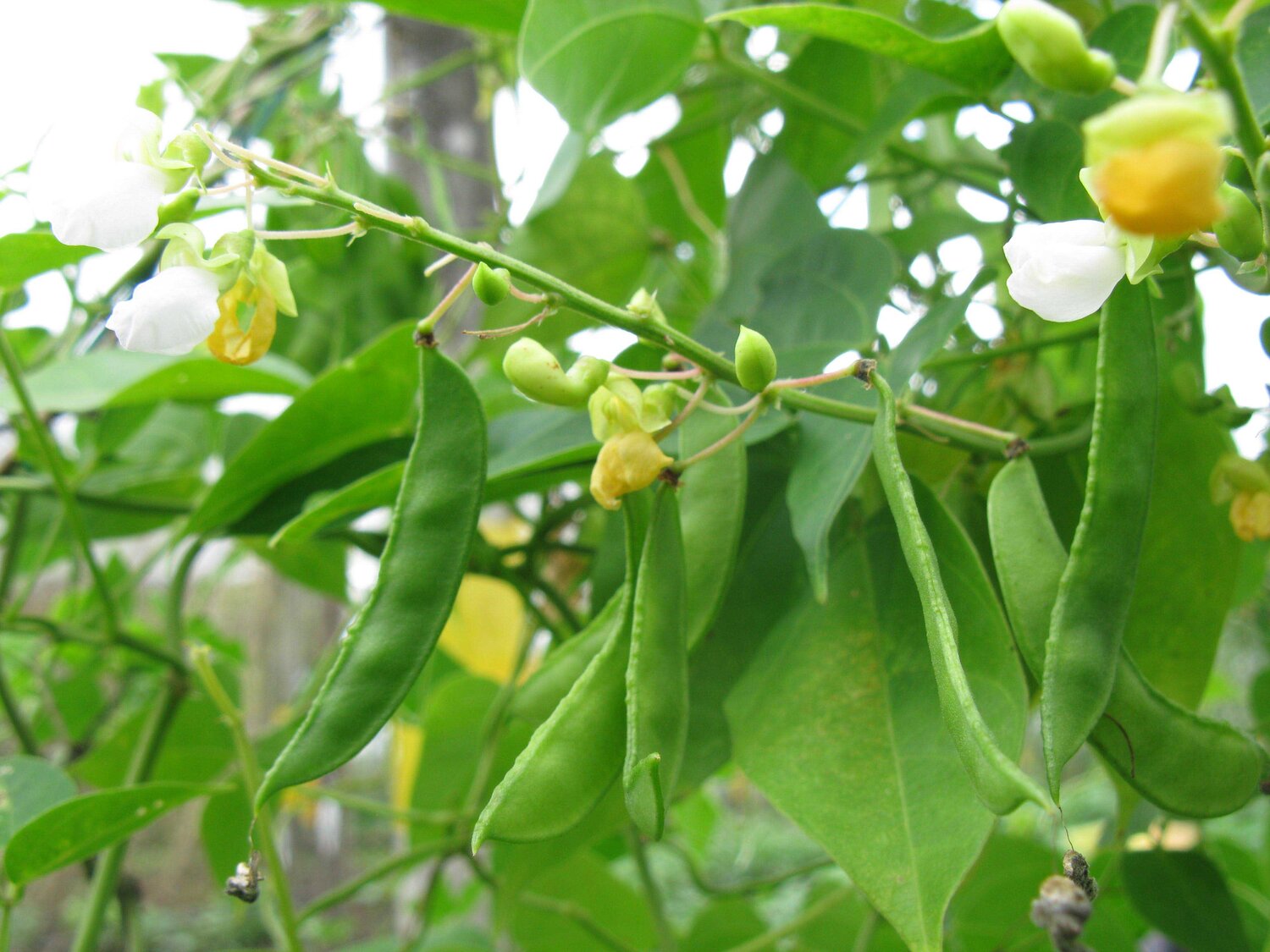
White Bermuda Bean
Photo: Daniel Debouck
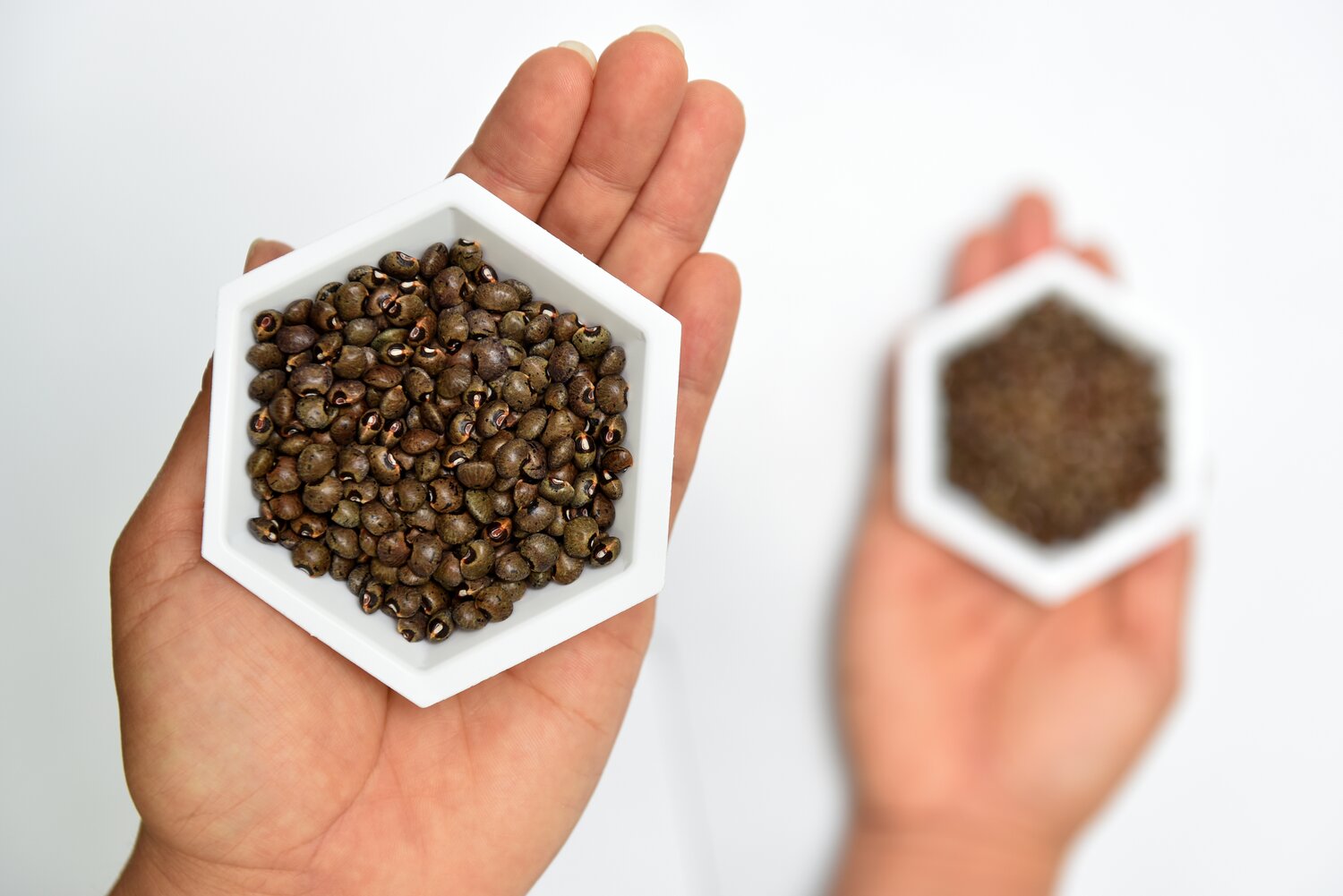
Bermuda bean conserved at CIAT in Cali, Colombia.
Photo: Neil Palmer
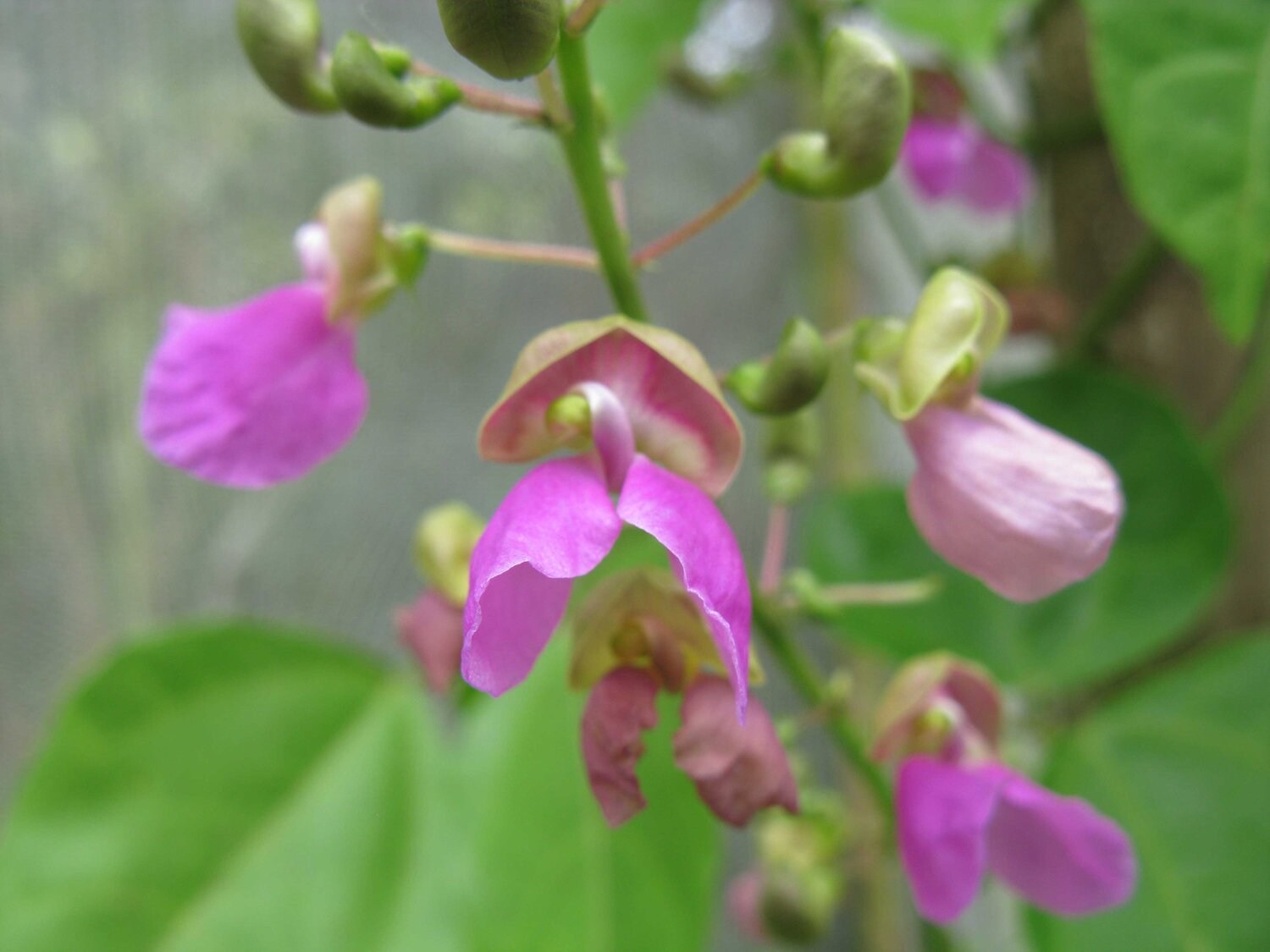
Flowering Bermuda Bean
Photo: Daniel Debouck
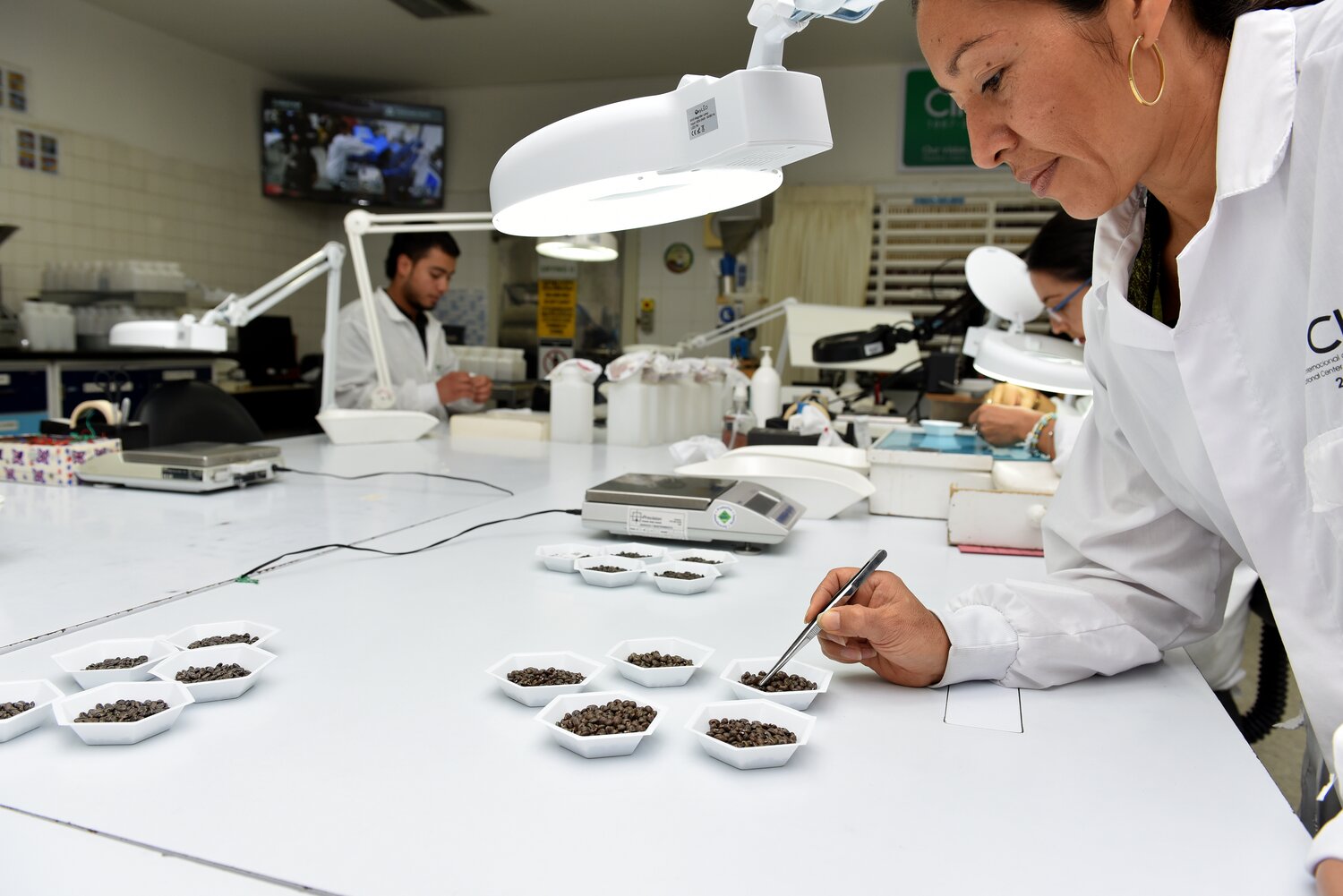
Bermuda bean conserved at CIAT in Cali, Colombia.
Photo: Neil Palmer
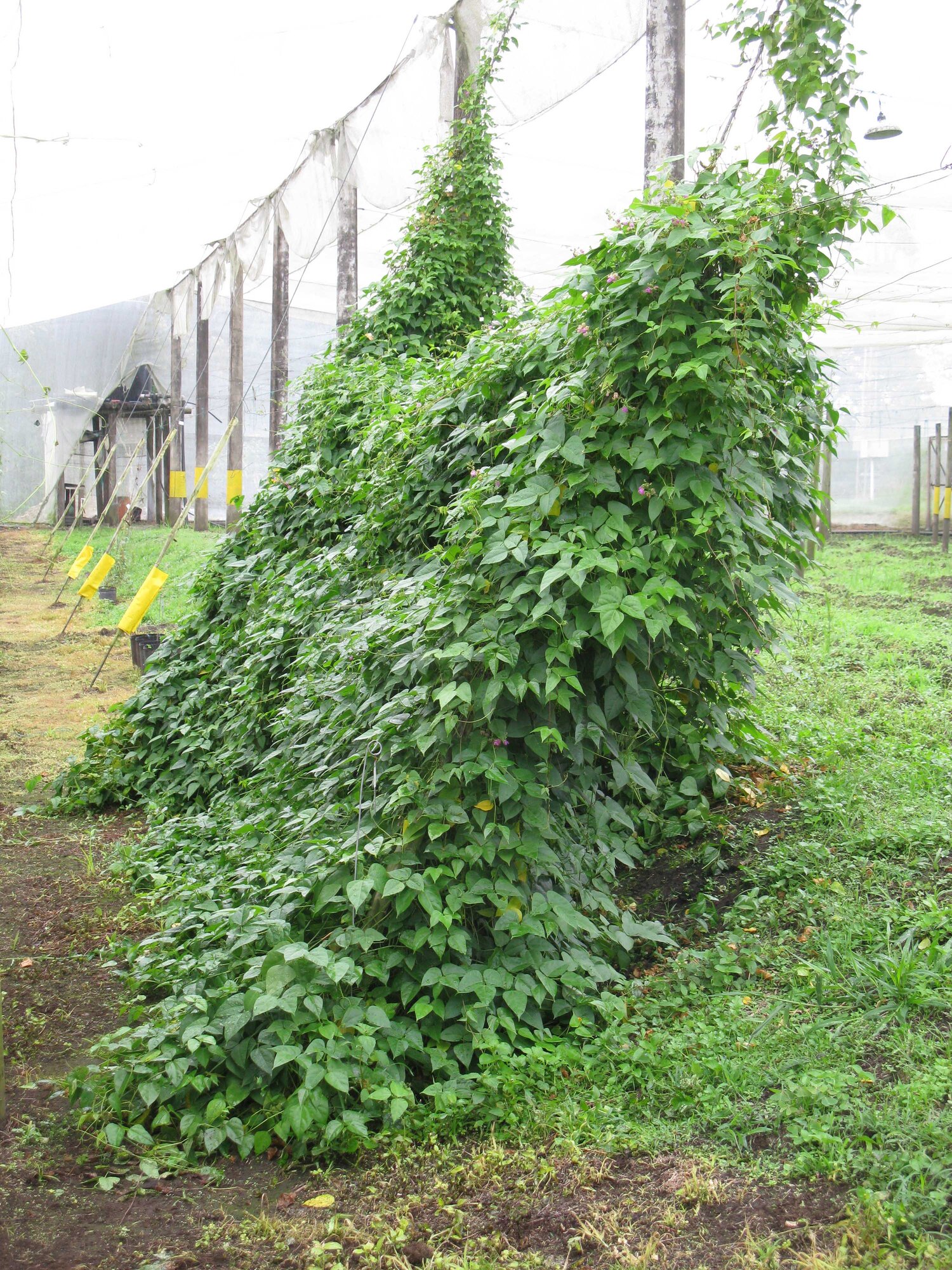
Bermuda Bean Vines.
Photo: Daniel Debouck
Safeguarding biodiversity in times of climate change
The increasing occurrence of extreme weather events, with the number of natural disasters quadrupling globally since 1970 to around 400 a year, are challenging our existing agricultural crops. Solutions to these and future, yet unknown, challenges could reside in the genetic material of seeds like the Bermuda bean, and the many others conserved by CIAT in Colombia. The Svalbard Global Seed Vault adds another level of security to the protection of this biodiversity.
“Our mission at the Crop Trust is to safeguard crop diversity, forever,” says Marie Haga, Executive Director of the Crop Trust. “This deposit of seeds like the wind-resistant Bermuda bean is one step towards fulfilling this mission. The genebanks we help manage are key to making biodiversity available to farmers and breeders around the world, ensuring our food is plentiful, affordable and nutritious for the future.”
Haga commended the depositors for their contribution to ending hunger, achieving food security and improve nutrition, and promoting sustainable agriculture. “The institutions and countries that have deposited to the Svalbard Global Seed Vault this week have clearly shown their commitment to Target 2.5 of the United Nations’ Sustainable Development Goals to maintain agricultural genetic diversity,” Haga said.
Backing up in the cloud
CIAT is one of three CGIAR genebanks making deposits this week in order to create safety backups of their seed collections.
“Sending seeds like the Bermuda bean to the Svalbard Gobal Seed Vault is like uploading your files to the cloud,” says Luis Guillermo Santos Meléndez, Seed Conservation and Viability Lab Coordinator at CIAT. “It gives us peace of mind that even if disaster strikes here, the robust genetic base of beans and tropical forages can be recovered. With this deposit, CIAT now has 92% of its seed accessions backed up at the seed vault.”
Ensuring the Seed Vault
The Seed Vault is the world’s largest collection of crop diversity and serves as a global insurance policy against devastation from climatic events and other disasters. With this deposit, the Vault now stores 890,796 crop samples from nearly every country in the world. The Crop Trust helps ensure that Svalbard can perform that vital task forever in coordination with NordGen and the Norwegian Ministry of Agriculture and Food.
The Crop Trust allocates funds to support genebanks like those at CIAT and CIP through the Crop Diversity Endowment Fund – a self-sustaining fund built upon earned investment income. The Crop Trust is working to reach the fund’s target size of USD 850 million. The Crop Trust is the only international organisation devoted solely to ensuring the conservation and availability of crop diversity worldwide.
With the support of the Crop Trust, genebanks like those at CIAT, who had the foresight to conserve and multiply the wild Bermuda bean and make it available to researchers, can continue to do their vital tasks forever.
If you would like more information about this topic, please contact media@croptrust.org.
Categories: For The Press, Press Releases, Svalbard Global Seed Vault, Beans, Climate Change
